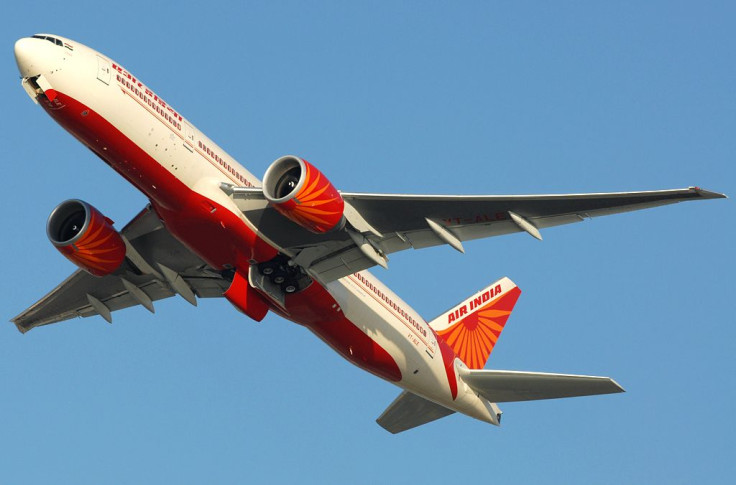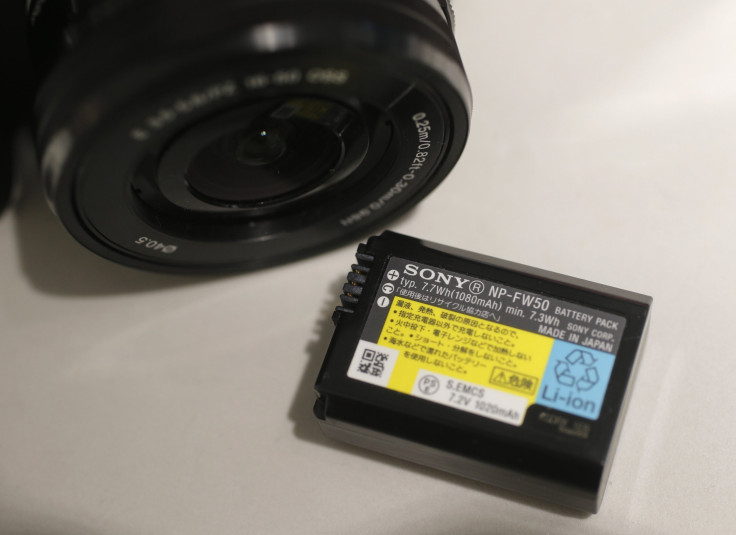Boeing Warns Passenger Airlines That Carrying Bulk Shipments Of Lithium Batteries Can Cause Major Fires Onboard

Boeing, one of the world's largest aircraft makers, warned passenger airlines about the dangers of carrying bulk shipments of lithium-ion batteries. Boeing saidin an email to the Associated Press li-ion batteries can cause fires that are capable of destroying planes. Boeing spokesman Doug Alder said airlines should not transport the batteries in their cargo "until safer methods of packaging and transport are established and implemented."
The warning, issued Friday, suggests tighter regulations are coming for international battery shipments. Boeing has, in the past, given similar advice to individual airlines -- but only if they requested technical advice. This statement, however, marked the first time the company has released an across-the-board recommendation that airlines refuse large quantities of the power source until better, more protective packaging is created and shipping standards are improved.
Rechargeable lithium-ion batteries are often found in cell phones, power tools and laptop computers, along with many other electronic devices, and they are frequently shipped in large numbers on airliners. One of the dangers in shipping them comes from the potential for what is called a "thermal runway," when thousands of li-ion batteries explode in a chain reaction.
These types of batteries are commonly shipped with tens of thousands in a single shipping container, and tests conducted by the Federal Aviation Administration have shown fire-retardant chemicals on planes can't put out some of the blazes, Wall Street Journal reported.
Most other types of batteries have not been shown to explode at high temperatures at the same frequency as li-ion ones do.

Lobbyists for the global battery industry have long tried to prevent additional regulations on the transport of li-ion batteries, but Boeing's latest statement signals the company may be prepared to join the growing number of industry players who are calling for sweeping changes to policy regarding the transport of lithium batteries on commercial aircraft.
A team of international safety experts is set to debate changes to packaging and regulatory safeguards later this month. The team of experts, which was assembled by the aviation sector of the United Nations, has considered everything from tougher packaging to reductions in the electrical charge inside rechargeable batteries that are set to be shipped aboard an aircraft.
George Kerchner, the executive director of the Rechargeable Battery Association, released a statement saying the group looks "forward to continuing our engagement with Boeing and other aircraft manufacturers, the airline industry and regulators" at the meeting in late July "to discuss battery transportation issues, specifically a new and unprecedented lithium ion battery standard and packaging criteria,” the Wall Street Journal reported.
The Rechargeable Battery Association is a leading battery trade group. This statement suggests the group is considering giving in to demands for stricter packing criteria after years of opposing additional regulations.
© Copyright IBTimes 2025. All rights reserved.






















